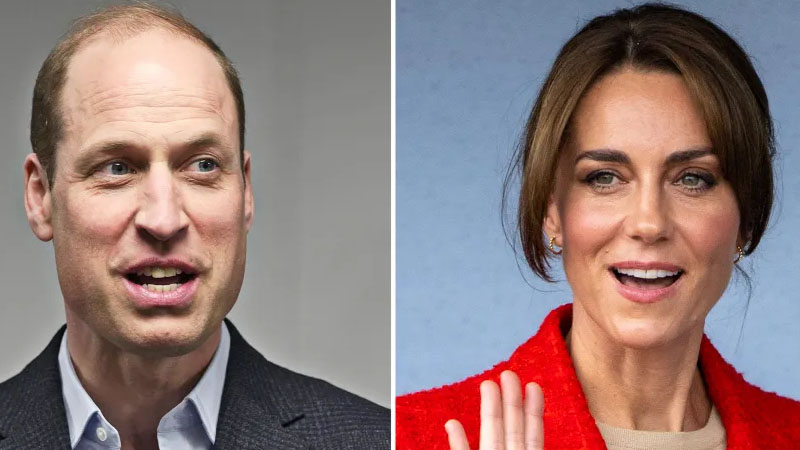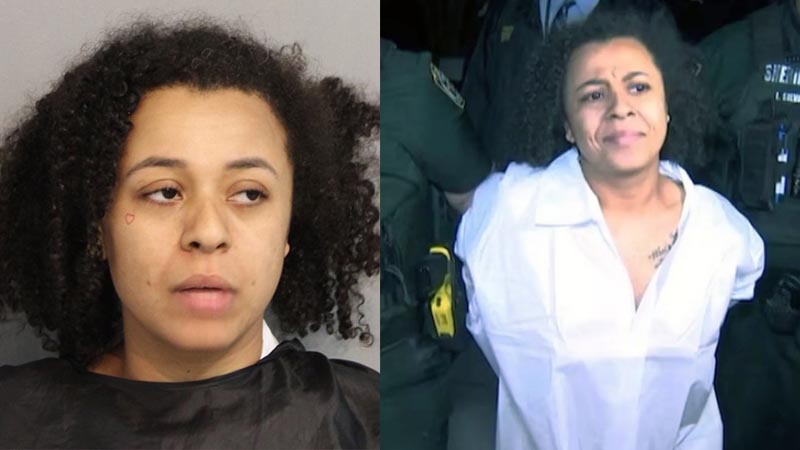Trump’s Fate Mirrors Nixon’s VP Agnew! Shocking Parallels Could Spell Prison Time

photo: Getty Images
In recent discussions surrounding former President Donald Trump, the name of former Vice President Spiro Agnew has been frequently mentioned. And there’s a compelling reason for this: eerie parallels are emerging between Agnew’s tumultuous past and the challenges Trump is currently facing. These parallels could offer a glimpse into what the future holds for Trump.
Spiro Agnew served as the 39th Vice President of the United States under President Richard Nixon. When both Nixon and Agnew found themselves embroiled in controversies, it was Agnew’s journey that bears resemblance to Trump’s present predicament.
Agnew’s descent began in 1973 when the Department of Justice initiated an investigation into allegations of extortion, bribery, and income-tax violations, primarily related to his tenure as governor of Maryland.
Much like Trump, Agnew vehemently denied these accusations, claiming that people were fabricating stories to tarnish his reputation. He adopted a defiant stance, declaring that he would not resign even if indicted. In a memorable 1973 speech, Agnew addressed the nation, acknowledging the impending 40 federal felonies looming over him.
He stated, “Because of these tactics which have been employed against me, because small and fearful men have been frightened into furnishing evidence against me, they have perjured themselves in many cases is my understanding, I will not resign if indicted. I will not resign if indicted.”
Interestingly, the Department of Justice’s handling of Agnew’s case at that point could serve as a potential indicator of how they might approach Trump’s situation.
The DOJ presented Agnew with a plea deal that notably excluded jail time, provided he met one crucial condition: full public disclosure, in writing, of all alleged crimes. In exchange for this plea deal, Agnew had to agree to relinquish his elected office and resign from his position.
For Trump, the prospect of prison time looms large if he were to be convicted of even a fraction of the federal felonies he’s accused of committing. While Trump may continue to assert that the DOJ is conducting a “witch hunt” or perpetuating a “hoax,” the indictment presented by special counsel Jack Smith paints a highly incriminating picture.
Given the potential gravity of the situation, one must consider whether Trump, if convicted of 37 federal felonies—an admittedly speculative scenario—should face a prison sentence. The unique aspect of this case is that many of these alleged crimes are believed to have occurred during his time in office, altering the dynamics significantly.
For the DOJ, the ultimate goal could be to prevent Trump from regaining access to a level of power that might jeopardize the security of the United States. This objective reflects the evolving nature of the situation and raises questions about the consequences Trump may ultimately face.


